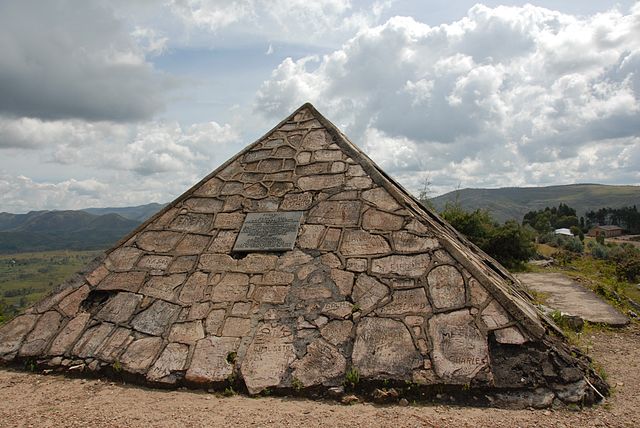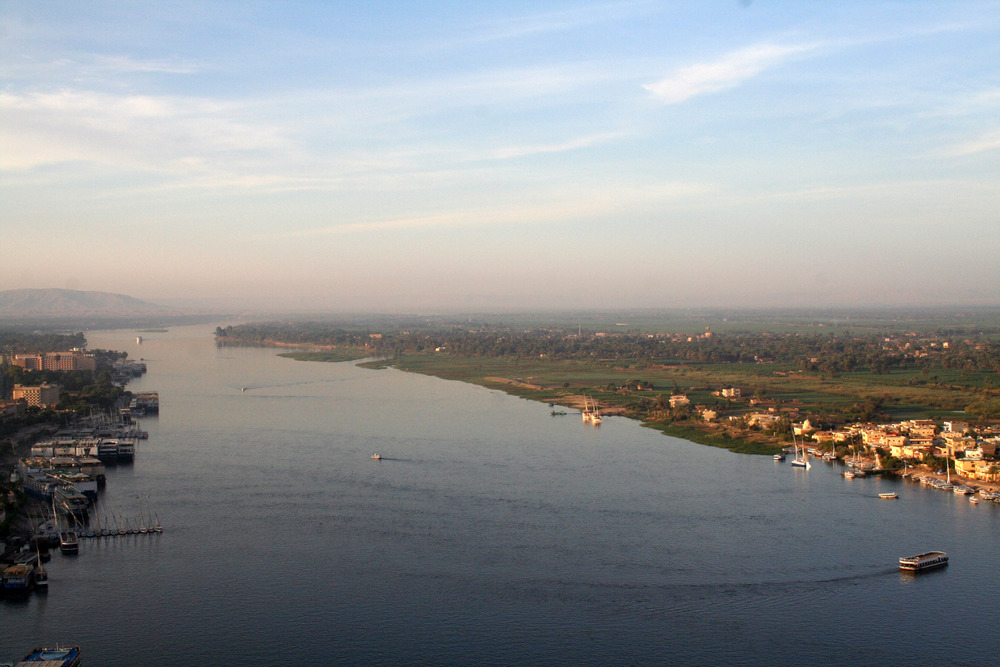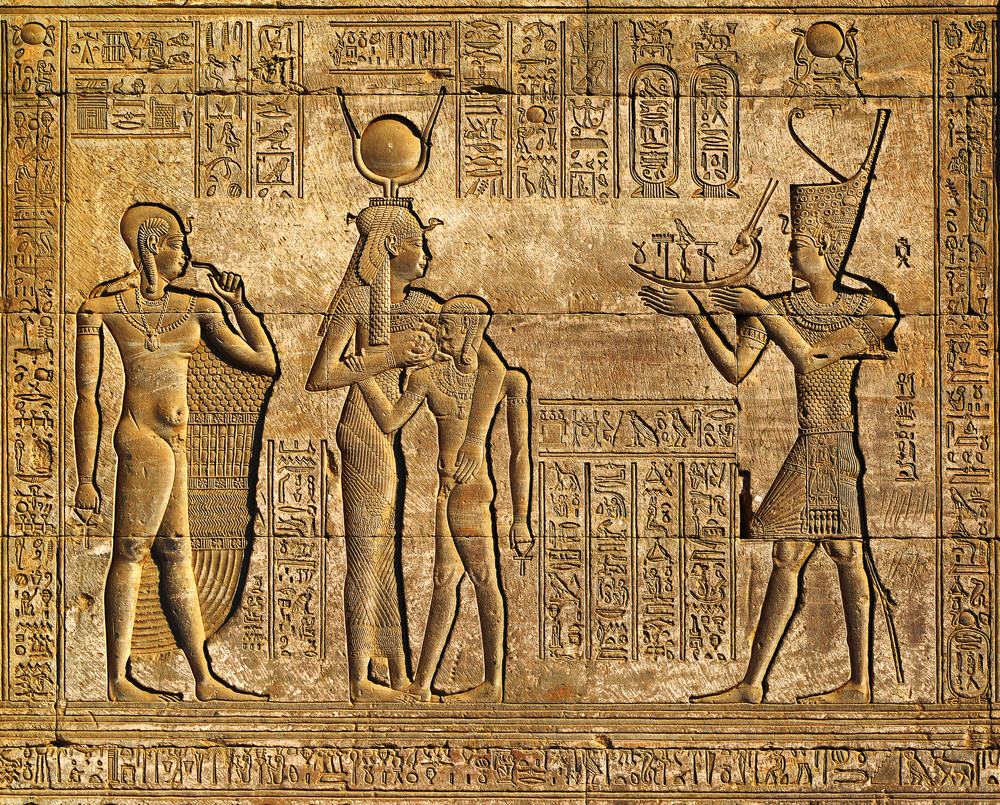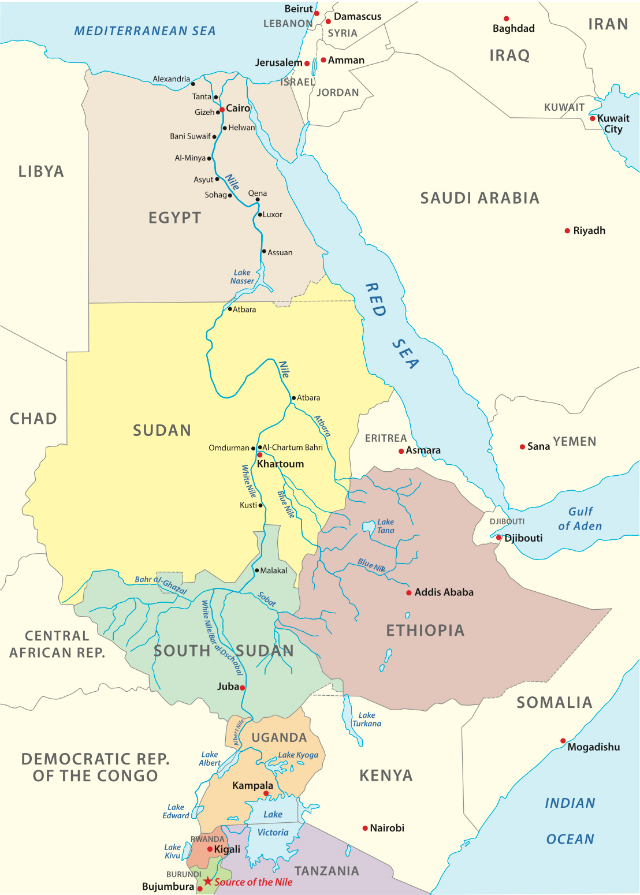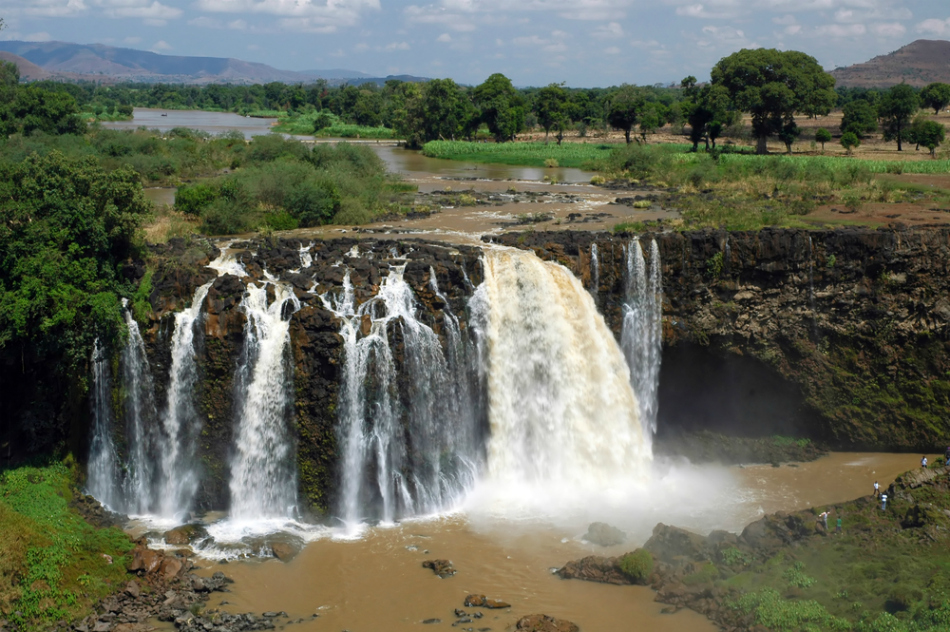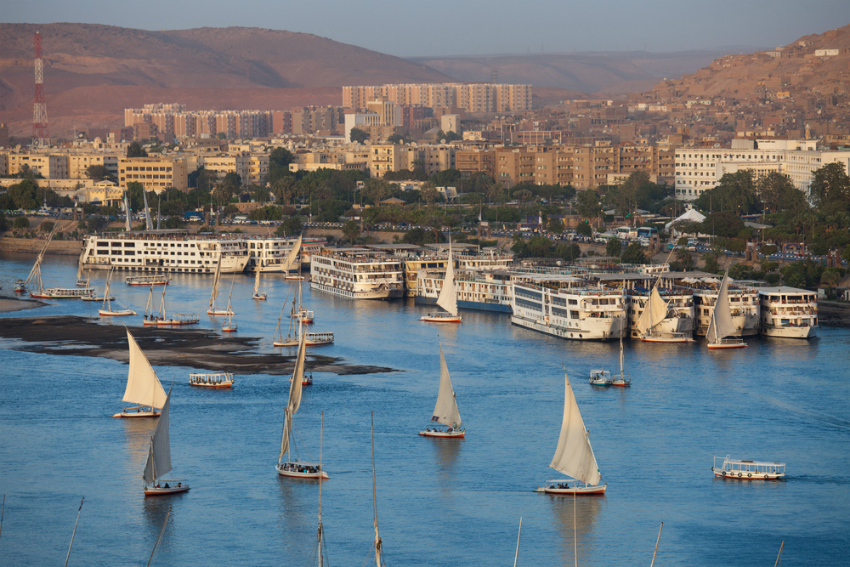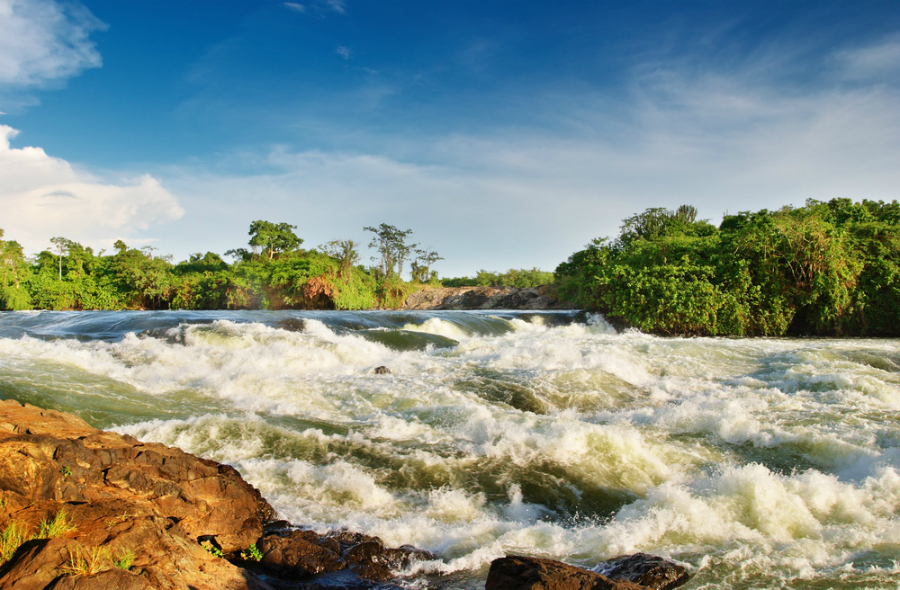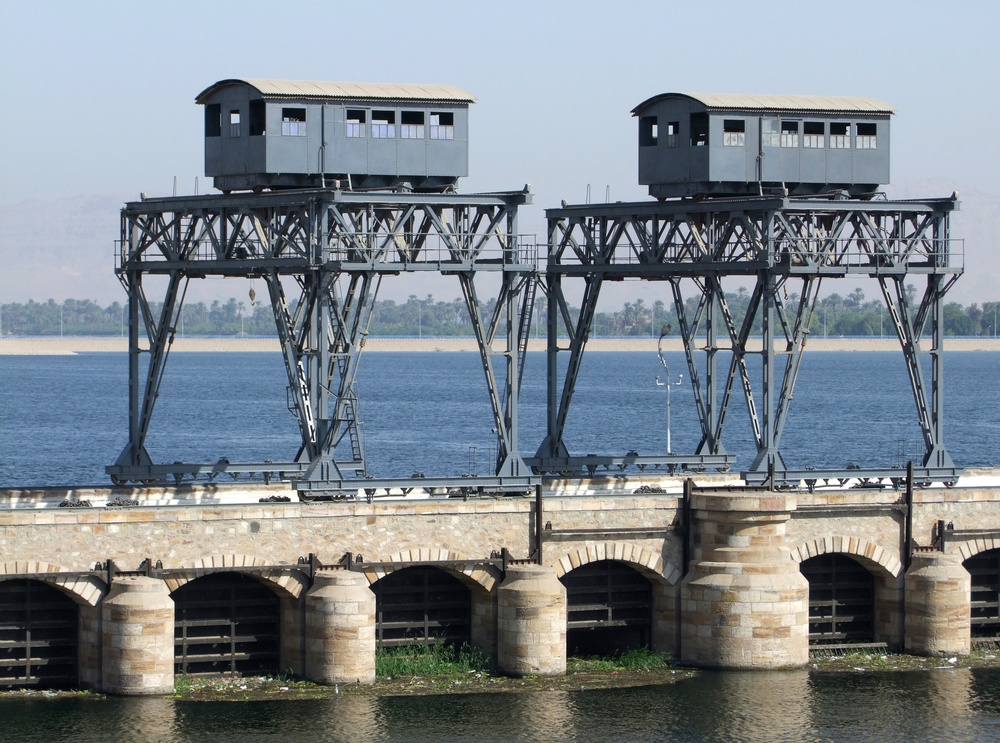The Nile River helped launch one of the largest ancient civilizations, spans almost 7,000 km, and crosses nine countries throughout Africa. And while it may be the most well-known river in Africa, or even the world, the winding waters still hold many interesting facts. Here are 10 things you didn’t know about the Nile River.
The source of the Nile is still a mystery
Although it has been debated for centuries, the true source of the Nile River is still a mystery. One of the possible sources is in Burundi (pictured above) which claims to be the source. Others claim the source of the Nile is in Uganda or Rwanda.
The length is also debated
Like the source, nobody really knows the exact length of the river. However on a 2006 expedition, National Geographic concluded that it had a length of 4,175 miles (6,719 kilometers).
The crocodiles along the Nile bite around 200 people a year
Nile crocodiles don’t really like you getting close to them and are known to attack humans — usually people washing clothes or fishing at the shore. It’s estimated that there are 200 attacks a year from Nile crocodiles in Africa.
It flows north
You might have forgot it from history class, but the Nile River flows north. The flow of the river has nothing to do with its location on the equator, rather, it flows north due to geographic features going from higher to lower in the area.
The Egyptians thought it had mystic powers
The Ancient Egyptians believed that the Nile was a causeway from life to death to afterlife. They thought people’s spirit traveled down the Nile after they perished.
There’s plenty of political controversy
The Nile River has been a long-standing controversy since countries like Uganda, Sudan, Ethiopia and Kenya have complained that Egypt has largely dominated its water resources.
It’s full of waterfalls
While they aren’t quite like Victoria Falls, the Nile has several waterfalls such as the Blue Nile Falls in Ethiopia (pictured above). The falls are popular for tourists who want to experience the beautiful nature of the river.
It supports half the population of Egypt
The Nile river and basin is so huge that it able to support half of Egypt’s 80 million people. The river is heavily used for irrigation for farming and fishing.
It’s popular for white water rafting
Though the river is pretty calm in Egypt, further down the river in places like Uganda, the Nile turns into a roaring rush of water, making it perfect for white water rafters and adventure travelers.
People consider floods to be a blessing
Unlike most people, the residents living near the Nile consider floods to be a blessing. Due to dry climate, the flooding of the river means that crops and riverbeds can finally be cultivated after a long dry spell. Water gates like the one above help to control the flooding.
Want to discover the finer side of Africa? Sign up for our weekly newsletter.
